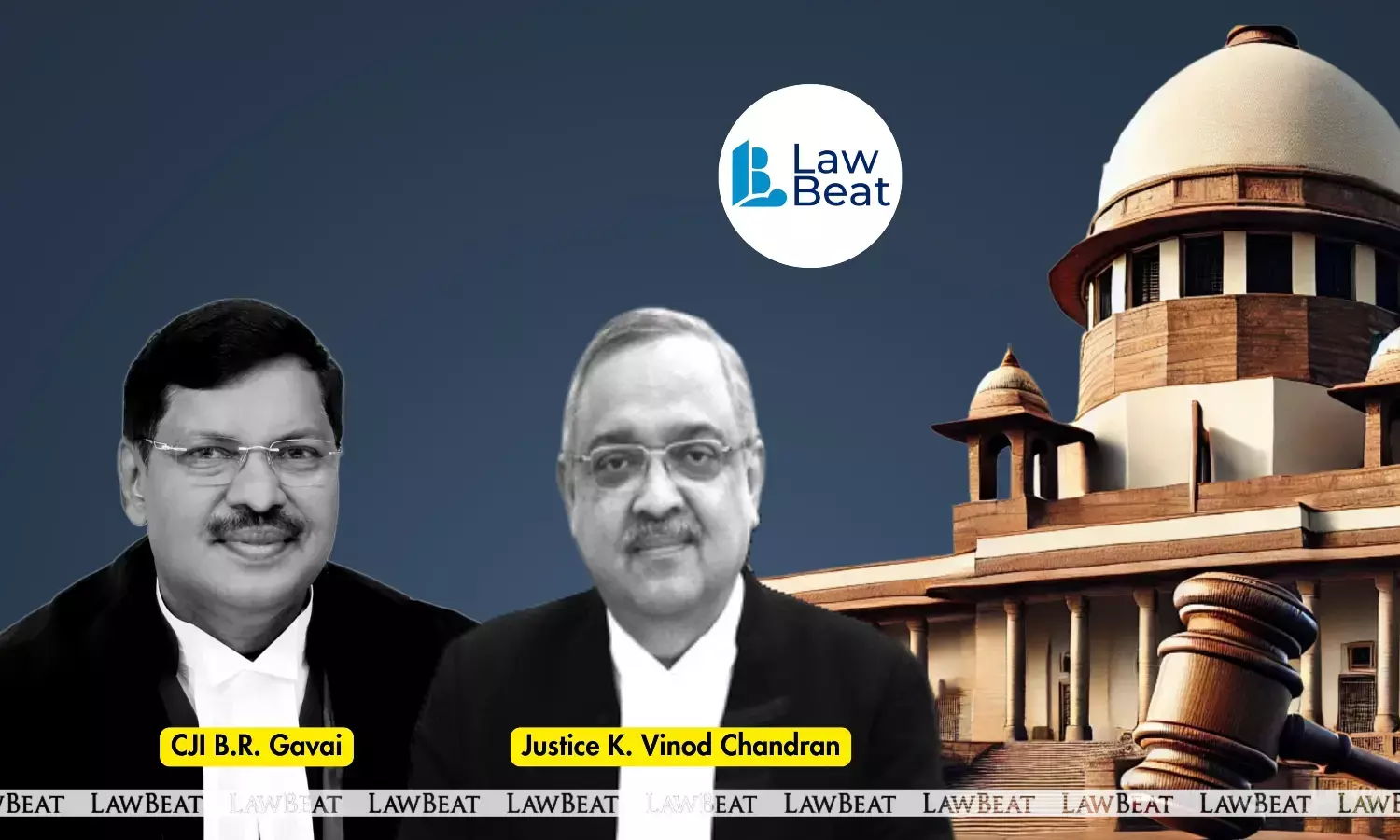POSH Act Not Applicable to Political Parties, Supreme Court Declares

The Supreme Court converts murder conviction to culpable homicide, citing lack of intent to kill in the 1986 Banda land dispute case
The Supreme Court today refused a petition seeking urgent directions to bring political parties within the ambit of the Sexual Harassment of Women at Workplace (Prevention, Prohibition and Redressal) Act, 2013 (POSH Act).
CJI BR Gavai led bench said the issue fell within the Parliament's domain. When Senior Advocate Rekha Gupta informed the bench that a similar petition was dismissed by the Kerala High Court, the top court suggested that an SLP may be filed against said dismissal.
Agreeing to the same, the senior lawyer requested to withdraw the instant petition.
The petition invoked Article 32 of the Constitution and alleges that the exclusion of women political workers from the protections of the POSH Act violates their fundamental rights under Articles 14, 15, 19 and 21.
The petitioner, a practicing Supreme Court Advocate and member of the SCBA, asserts that despite the POSH Act’s expansive definitions of “employee” and “workplace,” women engaged in political work, particularly at the grassroots, continue to face rampant sexual harassment with no structured redressal mechanism in place.
Relying on international studies by UN Women (2013) and the Inter-Parliamentary Union (2016), the plea highlights that psychological and sexual harassment in political spaces is not isolated but systemic. The petitioner argues that political work is a form of employment or engagement and must be recognised as such under the POSH Act to ensure protection and accountability.
"The petition contends that there is no rational or intelligible differentia to exclude women in politics from protections available to women in other professions. Hence, the petition seeks judicial recognition and direction to ensure equal protection and redressal mechanisms for female political workers under the POSH Act," it reads.
The petition notes that India has over 2,764 registered political parties; including 57 State parties, yet only a handful have Internal Complaints Committees (ICCs). For instance, CPI(M) reportedly has ICCs with external members, while major parties like BJP and Congress rely on disciplinary committees at the State level, lacking transparency and statutory compliance.
"The petition aims to ensure that political parties, as significant players in India's democracy, should prioritize creating a safe and respectful environment for all members, aligning with the POSH Act's objectives," the plea reads.
The plea also cites judgments such as Vishaka v. State of Rajasthan and Aureliano Fernandez v. State of Goa to argue that political parties, despite being non-traditional workplaces, are constitutionally bound to ensure a safe working environment.
Referring to a Karnataka High Court decision, the petitioner asserts that the definition of “employee” under Section 2(f) of the POSH Act should be read to include all persons having a service connection with an organisation’s activities, including political volunteers, interns, and party workers.
Interestingly, the petition critiques the Election Commission of India’s inaction despite a prior Supreme Court direction to submit a representation. The ECI, the petitioner states, lacks statutory power to enforce POSH compliance, rendering advisories toothless without judicial backing.
The petition submits alarming statistics showing that 45% of women politicians in India report physical abuse and 49% report verbal abuse, figures that, the petitioner argues, likely underrepresent the true scale due to underreporting. The lack of accountability structures, such as Internal Complaints Committees (ICCs), within political parties has left women workers without meaningful redress. The plea recommends expanding women’s political reservation, stricter enforcement of laws against violence in political settings, and fostering support from male political leaders to create a safer and more inclusive environment.
Furthermore, the plea stresses that only through judicial intervention can the legislative intent of the POSH Act, ensuring a workplace free of sexual harassment, be fully realised for all women, including those in politics.
Case Title: Ms. Yogamaya MG vs. Union of India & Ors.
Hearing Date: August 1, 2025
Bench: CJI Gavai and Justice Vinod Chandran
